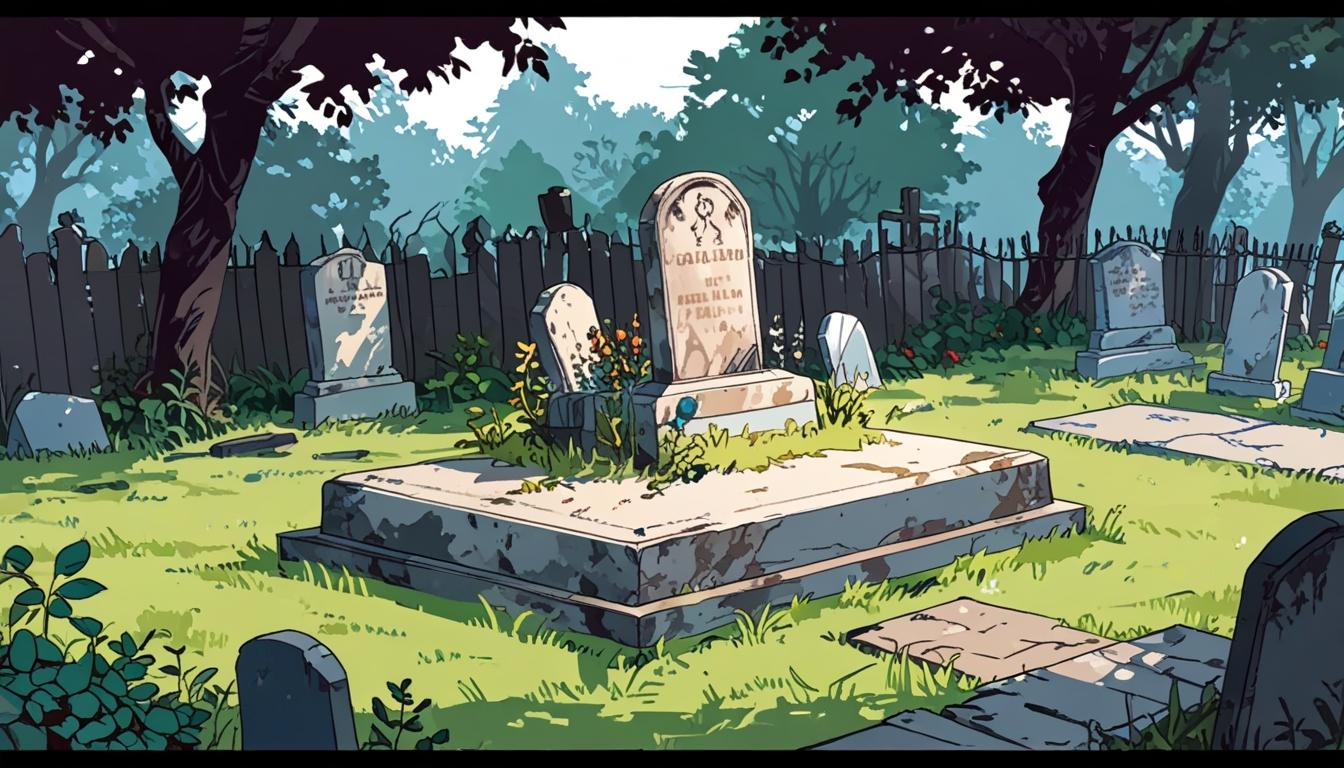In a significant legal proceeding at the High Court, false statements have emerged concerning the contentious efforts to exhume the body of Kevin McGuigan, a murdered ex-IRA prisoner. The case highlights the clash between family wishes and property rights surrounding the burial site.
Kevin McGuigan, aged 53, was shot dead in his home in the Short Strand area of east Belfast in August 2015, an event marked by widespread speculation that Republican elements sanctioned the murder. This was allegedly linked to accusations against McGuigan regarding his role in the killing of former IRA commander Gerard ‘Jock’ Davison three months prior. McGuigan is currently interred in a plot at Belfast City Cemetery owned by his mother.
The legal battle intensified following the refusal by the Department for Communities in August 2021 to allow his widow, Dolores McGuigan, to relocate his remains to a grave beside that of their deceased daughter. The request for exhumation was denied after McGuigan's mother declined to grant consent, a standpoint supported by revised policy guidelines stipulating that graves may only be opened under exceptional circumstances when an ownership agreement is lacking.
Dolores McGuigan, as her husband's nearest surviving relative, is pursuing a judicial review of the department's decision. She asserts that the refusal infringes upon her right to a private and family life, as recognised under Article 8 of the European Convention on Human Rights. During her statements, she articulated the "devastating impact" of her husband's murder and her exclusion from decisions regarding his burial. It has also been noted that their terminally ill daughter had expressed a wish to be buried alongside her father before her passing.
In the recent court session, counsel for the Department, Tony McGleenan KC, contended that the case was marred by "material misrepresentations" regarding the movement of a headstone at McGuigan's burial site. He stated that there has been a breach in the duty of candour and argued, “It is beyond dispute that false statements have been presented to the court and the department.”
McGleenan's detailed submissions suggested the matter should be addressed in the Chancery Court rather than through judicial review. He asserted that resolving the custody of the burial plot could alter the landscape of the exhumation process. He explained, “If the applicant has exclusive rights of burial it unlocks the process, and if the council consents an exhumation would potentially be open under the policy.”
Furthermore, he articulated that the department does not adhere to a blanket policy rejecting all requests for the relocation of bodies, indicating that decisions are assessed individually.
The court proceedings are ongoing, with the legal implications of this case likely to resonate beyond the immediate family concerns, shedding light on the complexities of burial rights in cases laden with historical and political significance.
Source: Noah Wire Services
